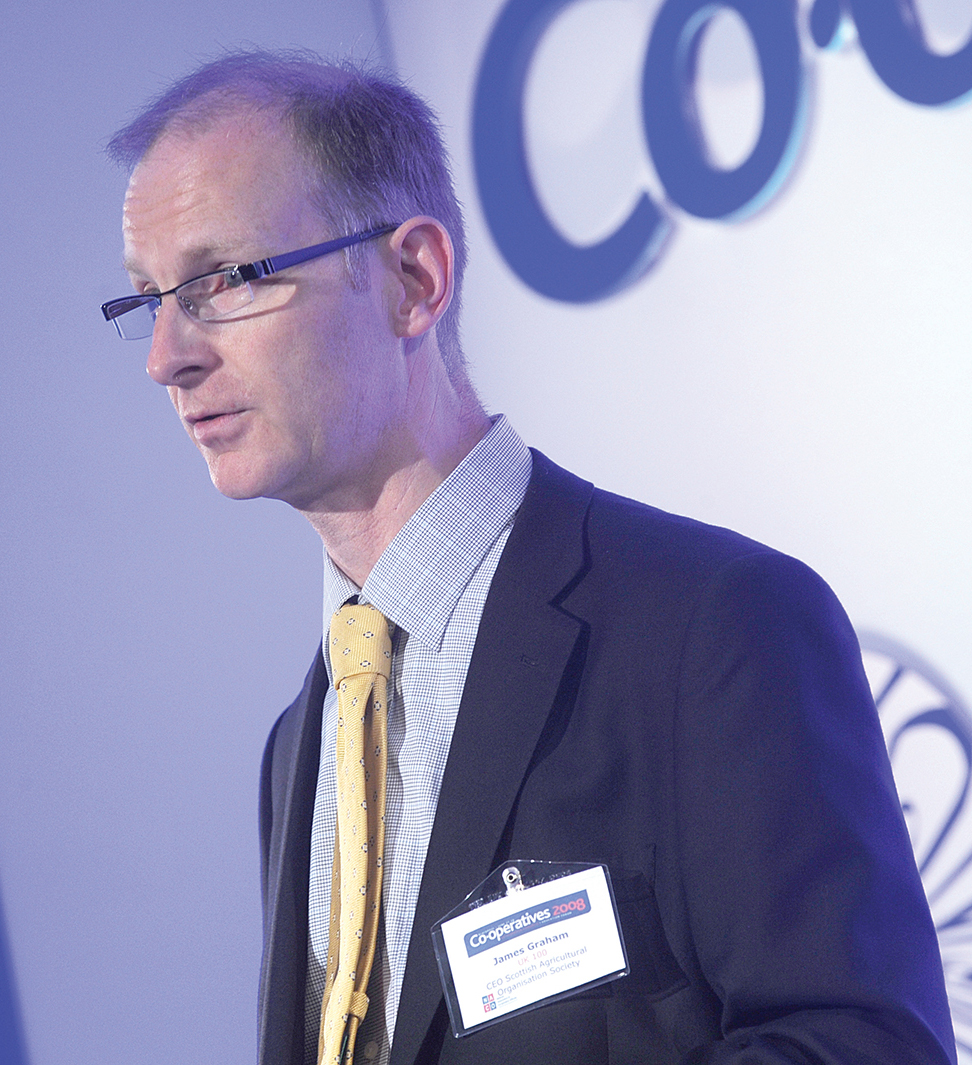A discussion document on agriculture published by the Scottish government includes a call for more collaboration among farmers and within their supply chains.
The document was produced by the four agricultural champions appointed by cabinet secretary Fergus Ewing to advise on the government’s Vision for Agriculture. It looks at issues such as training, environmental sustainability, supply chains and efficiency.
When it comes to efficiency, the champions note that “most farmers have not reaped huge benefits from the spectacular growth of Scotland’s food and drink sector in recent years.
“The failings of our supply chains are well documented. But the solution must be for the various players to work together.”
And they gave credit the work of co-operative players in the sector, such as the Scottish Agricultural Organisation Society (SAOS), which contributed to their research sessions.
“We have discussed collaboration at length with our contributors and are struck by how many benefits it can bring: economies of scale in purchasing and selling; sharing of specialist machinery and staff; market information; risk management; logistics; branding and marketing.
“We see great potential in encouraging greater use of collaboration and building on the excellent, if sometimes unrecognised, work of the SAOS.”
When the document turns to training and career development, it makes highlights the internship scheme run by Ringlink, a business ring owned as a co-op by its members. It helps agricultural organisations save costs by facilitating the most efficient use of labour, equipment and training resources between members.
The internship is currently aimed at schools in its trading area. The report says: “At present, there is no pre-apprenticeship option for rural skills, but we believe this principle would be beneficial and should be worked up drawing on the lessons of the well-established internship programme run by Ringlink.”
In response to the document, James Graham, chief executive of SAOS, said: “I enjoyed participating in one of the Champions’ working groups, as did our head of co-operative development Jim Booth.

“Naturally I’m very pleased that in their discussion paper they have taken full account of all the evidence that I, and several others, contributed.”
He added: “We already have some excellent exemplar farmer co-ops and collaborative supply chains in Scotland, and Ringlink stands out for its work in reaching out to school leavers. There’s absolutely no doubt that there is great potential for more, right across Scotland.”
Mr Graham said the document’s findings matched those of Ambition 2030, the strategy adopted by the Scotland Food & Drink Partnership for industry growth, launched earlier in 2017.
“Facilitating more supply chain collaboration is one of its pillars of growth,” he added, “and the SAOS team is already hard at work with co-ops and supply chains on some ambitious initiatives.”
He concluded: “While we much appreciate the champions’ endorsement of SAOS’ development activities, our work is, of course, enabled by a range of partners and not least by our member co-ops, the Scottish government, and Scotland Food & Drink.”
The four champions are Henry Graham, Scottish chair of Lantra; Archie Gibson, chair of the Scottish Food and Drink Federation; John Kinnaird, farmer and former president of NFUS; and Marion MacCormick, buying director for Aldi.
They were appointed to give advice on the Scottish government’s Vision for Agriculture. Launched in 2015, the vision states: “Scotland has an innovative, profitable and sustainable agriculture industry which is outward-looking and resilient, supporting our economic growth, environment and communities and contributing to global food security.”
The Scottish government is inviting comments on the champions’ document by 29 December 2017, which should be emailed to [email protected]